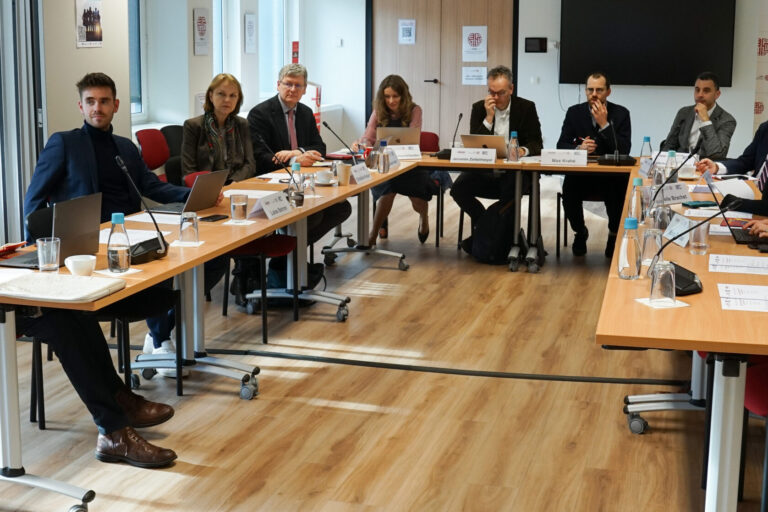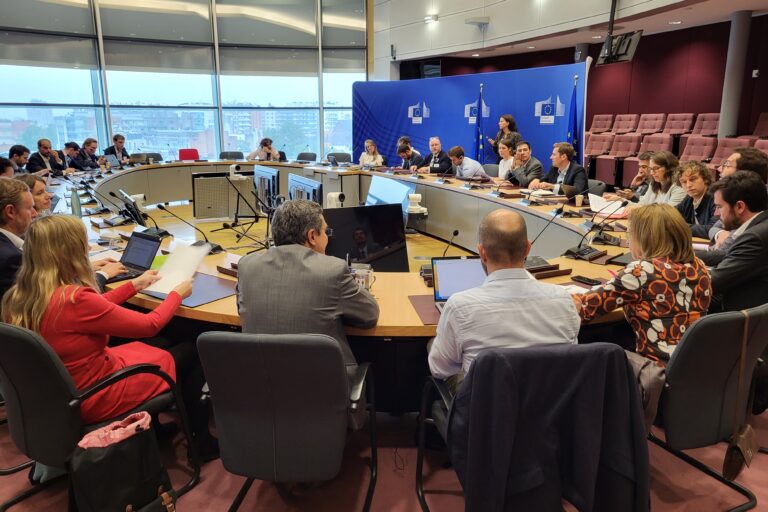The U.S. President’s decision to withdraw from the Paris Agreement does not only undermine the international rules-based system; it also isolates America and harms the American people. European reactions so far are decisive: Germany, France, and Italy all stand united and behind the Paris Agreement.
However, it is by no means guaranteed that European action will save the Paris regime. First, there is a real risk that European – not least German – businesses will lobby their governments to dilute or slow down their own decarbonisation efforts. The perennial pretext that climate action depends on a “level playing field” to preserve international competitiveness can erode the German government’s climate leadership and thereby trigger a domino effect. Chancellor Merkel will likely not give in to such demands before the general elections in the autumn, but there is no room for complacency when it comes to European commitments.
A similar development is likely in Canada where Prime Minister Justin Trudeau’s ambitious plans to price carbon and phase out coal are under attack from industry. The dependence of Canadian businesses on exports to the U.S. can therefore severely undermine Canada’s new-found climate leadership. The G7 Presidency in 2018 will be a real test of Trudeau’s commitment and his government needs a lot of international support and pressure to deliver on a strong climate agenda.
Thus, Germany, Canada and many other progressive countries are being challenged to deliver on climate action domestically and to continue their leadership in international climate diplomacy. Giving up on leadership would be a slap in the face for all those in America who hold their ground on climate, be it in cities, states, business, academia or civil society. As important as new alliances are: we need the “old West” at the core of the Paris forcefield and must not give up on America. This President shall pass, too.





